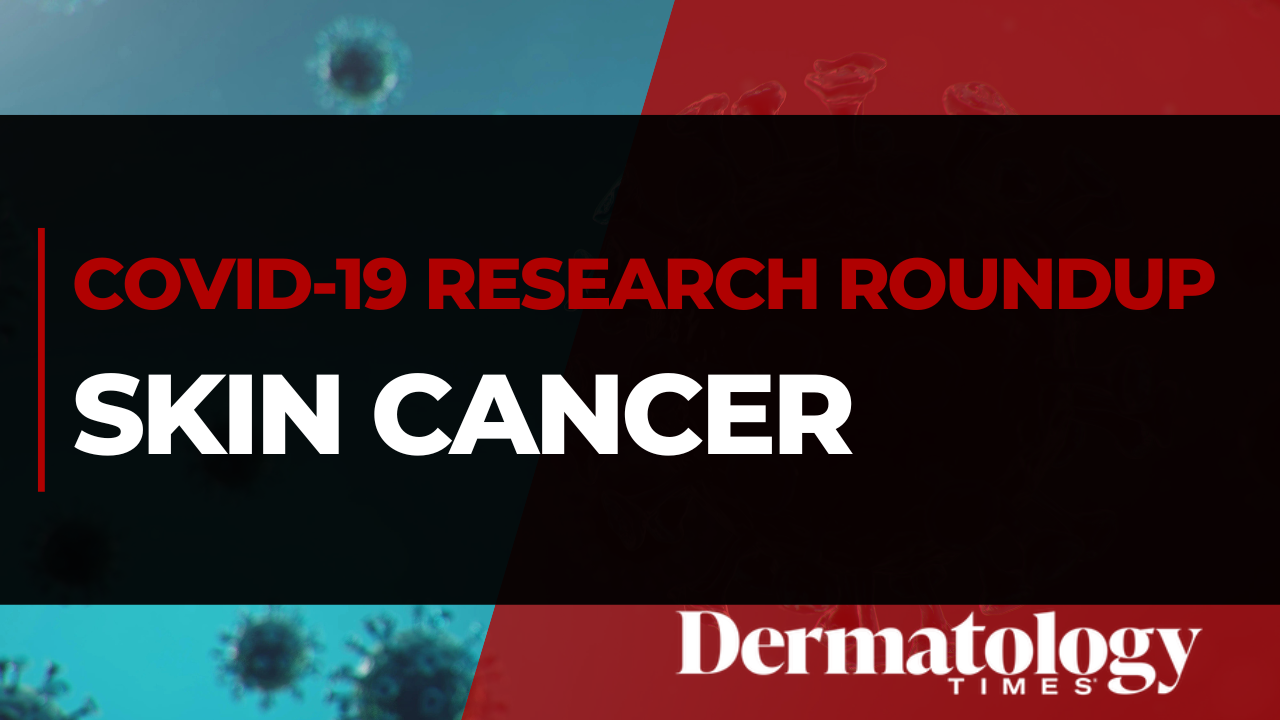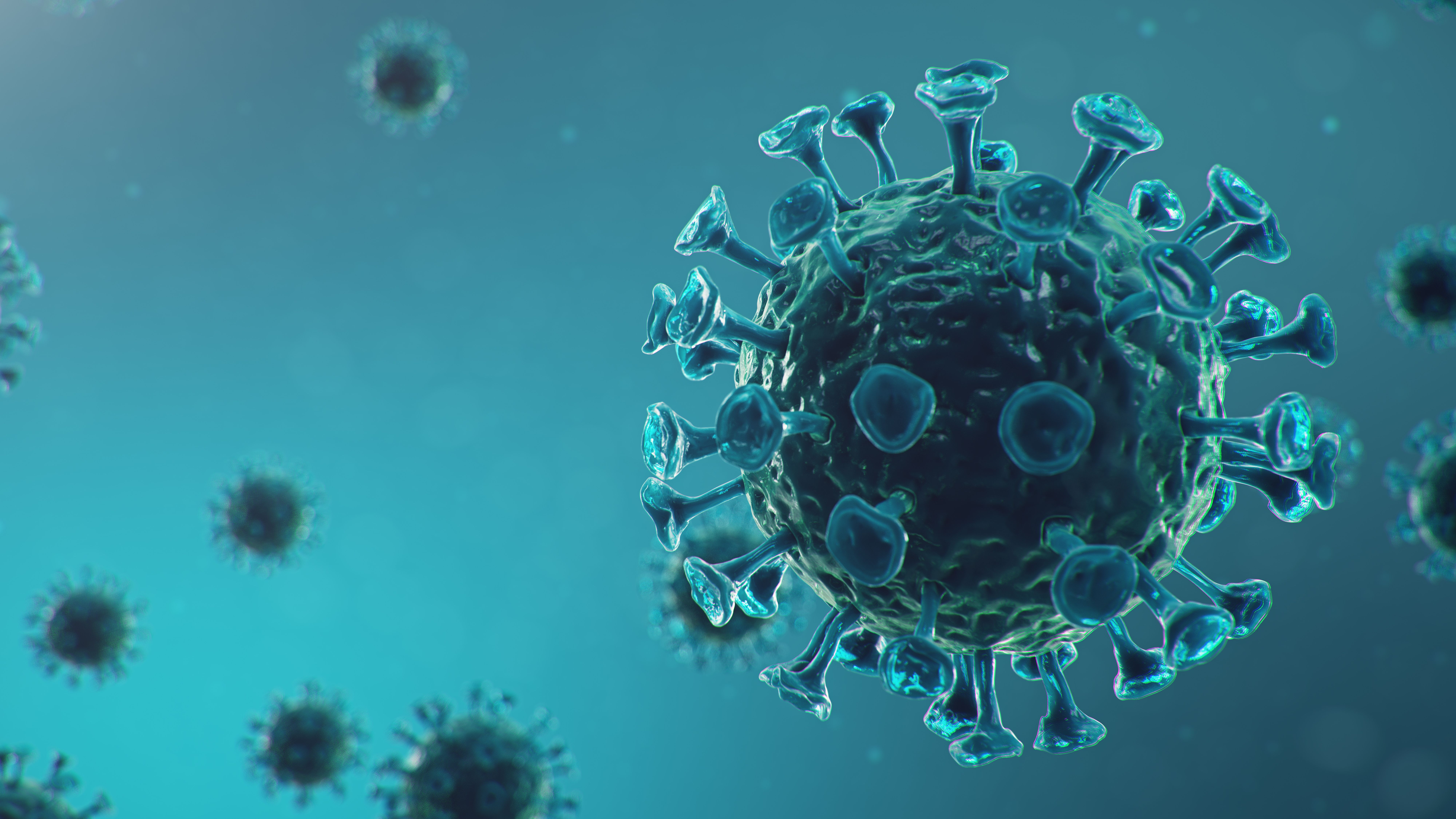- Acne
- Actinic Keratosis
- Aesthetics
- Alopecia
- Atopic Dermatitis
- Buy-and-Bill
- COVID-19
- Case-Based Roundtable
- Chronic Hand Eczema
- Drug Watch
- Eczema
- General Dermatology
- Hidradenitis Suppurativa
- Melasma
- NP and PA
- Pediatric Dermatology
- Pigmentary Disorders
- Practice Management
- Precision Medicine and Biologics
- Prurigo Nodularis
- Psoriasis
- Psoriatic Arthritis
- Rare Disease
- Rosacea
- Skin Cancer
- Vitiligo
- Wound Care
Article
Waning immunity, not greater transmissibility, responsible for COVID-19 breakthrough infections: study
Author(s):
But protection against hospitalization and death remain strong.
The three principal COVID-19 vaccines used in the U.S. lose some of their ability to prevent breakthrough infections over time, but they remain highly effective at preventing hospitalizations and deaths, a new study finds.
The study, a collaboration between the University of North Carolina-Chapel Hill and the North Carolina Department of Health and Human Services, sought to determine whether COVID-19 breakthrough infections are the result of waning immunity provided by vaccines or the greater transmissibility of the disease’s variants.
To find out, researchers looked at vaccination histories and health outcomes of 10.6 million North Carolina residents who received either the Pfizer, Moderna or Johnson & Johnson vaccine between December 2020 and September 2021. The data did not include outcomes from the omicron variant, which emerged after the study concluded. Results were published in the New England Journal of Medicine.
The researchers found that the mRNA Pfizer and Moderna vaccines, both of which require two doses, were 95% effective at lowering the risk of COVID-19 two months after the first dose. After seven months the Moderna vaccine dropped to 80% effectiveness, while the Pfizer vaccine was 67% effective. The effectiveness of both vaccines dropped significantly during June and July, when the COVID-19 Delta variant was at its height in the state.
The Johnson & Johnson adenovirus vaccine, which requires a single dose, was 75% effective after one month and 60% effective after five months. Based on these findings, the authors conclude that the reduced protection against COVID-19 infection was due to both declining immunity and the emergence of the delta variant.
However, all three vaccines have been more effective at preventing hospitalizations due to severe COVID-19. The Pfizer vaccine reached peak effectiveness of 96% at two months and was about 90% after seven months.
Effectiveness of the Moderna vaccine was 97% and 94%, respectively, at the same points. The Johnson & Johnson vaccine peaked at 86% effectiveness at two months and was higher than 80% through six months. All three vaccines were more effective against death than hospitalization.
“The primary takeaway message from our study is that unvaccinated people should get vaccinated right away,” Danyu Lin, PhD, professor of biostatistics at the UNC Gillings School of Global Public Health said in an accompanying news release. “The results of our study also underscore the importance of booster shots, especially for older adults.”
This article was originally posted by our sister publication Medical Economics.















